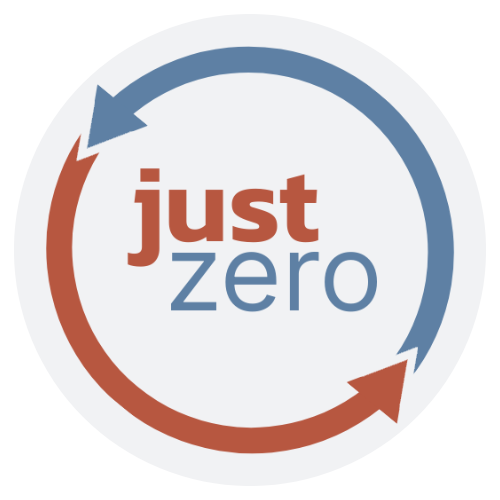The legislation is a response to a national lobbying effort by the plastic industry to greenwash expensive and polluting processes that convert plastic into toxic fuel and chemicals.
MAINE – Today, a bill that restricts the development of so-called "advanced recycling" facilities became law. The new law ensures advanced recycling facilities are subject to the state's environmental laws and regulations. The law also makes clear that processes that convert plastic into fuel or chemicals aren't considered recycling.
"This is a tremendous victory for Maine," said Peter Blair, Policy and Advocacy Director with Just Zero. "Advanced recycling is not a real solution to the plastic pollution crisis. It's an expensive, unreliable and toxic myth designed to keep us hooked on the polluting cycle of making and disposing unrecyclable single-use plastic."
As concern continues to grow over the environmental and public health impacts associated with plastic production and disposal, the plastic industry is marketing "advanced recycling" as the solution. Proponents argue that advanced recycling technologies can break down plastic into basic molecular building blocks which are then used to manufacture new plastic products. However, the truth is much more complicated.
Every advanced recycling facility in the U.S. converts plastic into fuels and chemicals which are subsequently burned. Virtually none of the plastic is used to manufacture new products. Burning this material releases significant amounts of pollution that threatens nearby communities.
Maine's new law prohibits the development of any advanced recycling facility unless the developer can consistently show that the facility will actually recycle at least 50% of the plastic it processes. Additionally, the law requires developers to meet financial assurance requirements.
The law is a direct response to the plastic industry's lobbying campaign to pass new legislation across the country that seeks to define advanced recycling facilities as "manufacturing," makes advanced recycling cheaper, easier, and less transparent. Currently, twenty four states have passed laws exempting advanced recycling facilities from necessary environmental regulations.
"The American Chemistry Council and others have been lobbying states legislatures across the country to make building and operating these polluting facilities easier and less transparent," said Blair. "These laws help perpetuate the myth that advanced recycling works when the evidence is clear that it is a false solution that threatens our health and our environment. Maine has shown tremendous leadership in not only rejecting the plastic industry's lies, but by going a step further to properly regulate these dangerous and toxic facilities."
In 2022, Just Zero published a report, Loopholes, Injustice, & the Advanced Recycling Myth, exposing the misinformation spready by the fossil fuel and plastic industry about advanced recycling.
###

